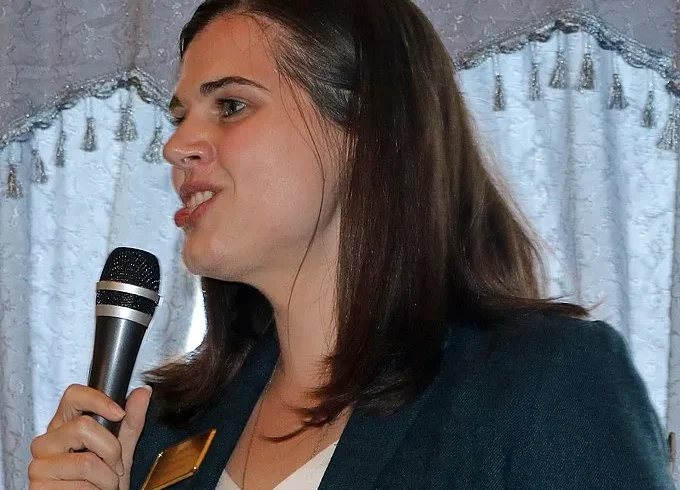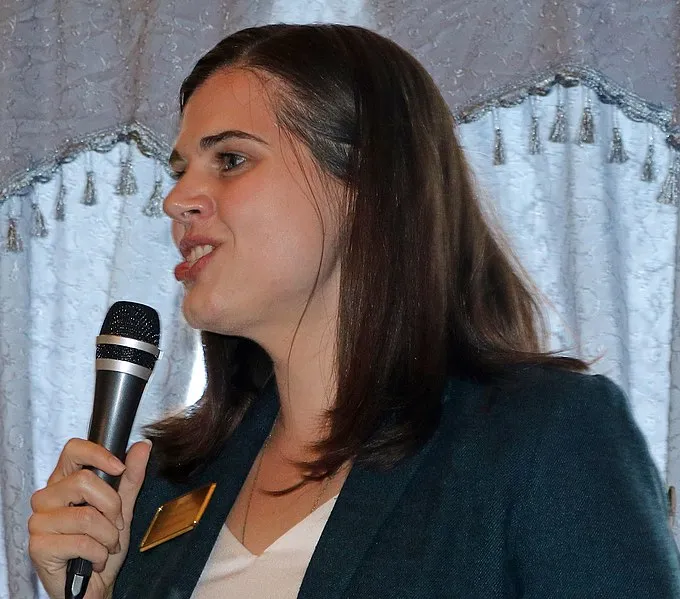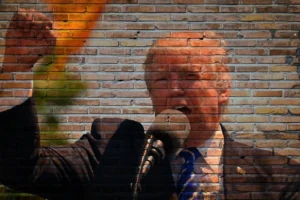
A leaked phone call has thrust Colorado’s Secretary of State, Jena Griswold, into a fierce controversy, revealing what some call a significant breach of election integrity. The call, which surfaced earlier this week, allegedly uncovers attempts to cover up a leak of Dominion voting machine passwords.
As officials scramble to contain the fallout, the state’s electoral security processes are under intense examination. Critics argue that the incident illustrates a worrying level of incompetence rather than intentional misconduct, fueling nationwide debates over national election security.
The call, dated earlier this month, involves Griswold and other state officials discussing the unauthorized release of sensitive information related to the Dominion voting systems. The conversation, which has been widely circulated on social media, hints at efforts to downplay the severity of the breach. As the story unfolds, questions are mounting about the potential impacts on the public’s trust in the electoral process, particularly in a state known for its progressive approach to voting technology.
Timeline of Events
The leaked call reportedly occurred in early November, just days after Colorado’s midterm elections. It was allegedly recorded during a meeting of state officials tasked with overseeing election security. The exact date of the password leak remains unclear, but sources suggest it occurred sometime in October, leading to immediate concerns about the integrity of the voting process.
Colorado, which has long been at the forefront of voting technology innovations, uses Dominion machines in several counties nationwide. The breach has raised significant alarm because these passwords could be used unauthorizedly, possibly affecting future elections.
A Question of Competence
Election security experts and political analysts are divided over the implications of the leaked conversation. While some view it as gross negligence, others suggest it highlights systemic issues within the state’s electoral oversight mechanisms. “This isn’t just a case of one person’s mistake,” argues Dr. Elaine Thomas, a political science professor at the University of Denver. “It’s indicative of broader vulnerabilities in our election infrastructure that need urgent attention.”

Griswold, a vocal advocate for election security, finds herself in a precarious position. Her office has quickly condemned the leak and promised a full investigation. “We are committed to ensuring the security and integrity of our elections,” Griswold stated in a press release. “Any breach of protocol is taken very seriously, and we are working diligently to address this issue.”
Public Reaction and Political Fallout
The leaked call has sparked a heated response from both political parties. Republican leaders have seized on the incident to question the reliability of Colorado’s voting systems, while Democrats urge caution, warning against politicizing the issue. State Senator Mark Reynolds, a prominent Republican, has called for Griswold’s resignation, citing the need for accountability. “The people of Colorado deserve better,” he asserted during a press conference. “We must ensure our elections are secure and free from any shadow of doubt.”
Meanwhile, Democratic lawmakers rally around Griswold, emphasizing the importance of focusing on solutions rather than assigning blame. “This is a time for unity, not division,” said Representative Linda Torres. “We must work together to restore public confidence and safeguard democracy.”
Implications for Future Elections
As the investigation continues, the leaked call has underscored the importance of election security and transparency. Experts warn that incidents like this can have far-reaching consequences, potentially undermining voter confidence and affecting turnout in future elections. “Trust is the cornerstone of any democratic process,” notes an election security consultant, Dr. Samuel Greene. “Once it’s eroded, rebuilding can be incredibly challenging.”
The Colorado situation is a stark reminder of the vulnerabilities inherent in modern electoral systems. As other states grapple with similar challenges, there is a growing call for comprehensive reforms to ensure the security and reliability of voting technology nationwide.
In the meantime, Colorado’s election officials are under pressure to demonstrate transparency and accountability as they navigate this crisis. The outcome of their efforts could have a lasting impact on the state’s electoral landscape and set a precedent for how similar incidents are handled in the future.
As the story develops, all eyes are on Colorado to see how the state addresses these serious concerns and what measures will be implemented to prevent future breaches. The stakes are high, and the response will likely shape public perception of election security for years.
Source: politiquerepublic

Carl Riedel is an experienced writer focused on using Open Source Intelligence (OSINT) to produce insightful articles. Passionate about free speech, he leverages OSINT to delve into public data, crafting stories that illuminate underreported issues, enriching public discourse with perspectives often overlooked by mainstream media.






